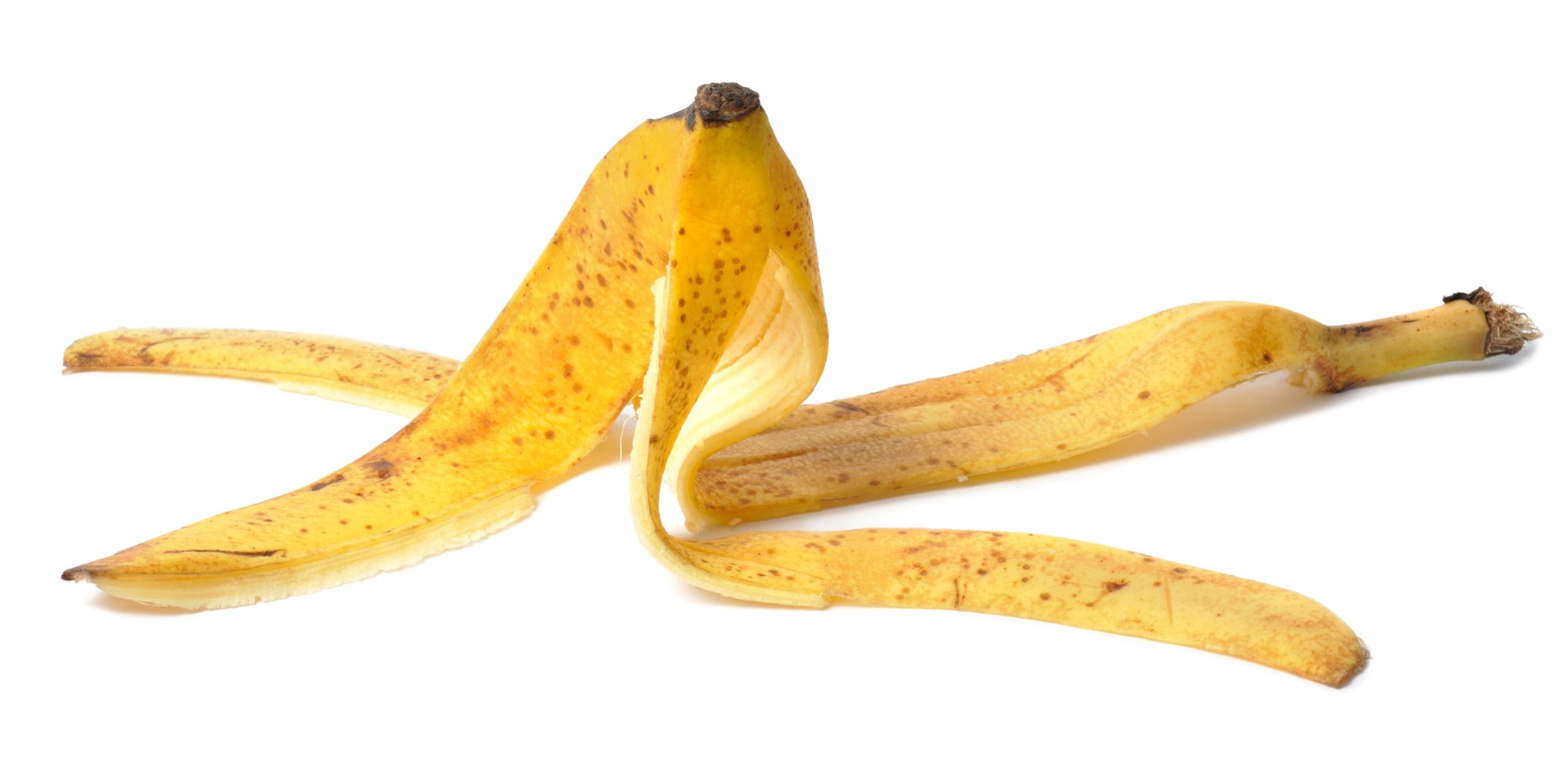Tens of thousands of cases of flu, covid, whooping cough and RSV have already been recorded in Australia this year.
Experts have warned falling vaccination rates across a range of diseases like influenza, whooping cough and covid could create a perfect storm for a horror winter even worse than last year.
The Australian Technical Advisory Group on Immunisation (ATAGI) has released its statements on the administration of seasonal influenza and covid vaccines for 2025.
The fall in flu vaccinations in Australia in 2024 compared to the previous year has the experts particularly worried.
Australian Medical Association president Dr Danielle McMullen said Australia could not afford to continue the decline.
She said vaccine fatigue and misinformation, combined with the risk of a horror flu season like the one experienced in the Northern Hemisphere, could result in more lives lost from flu and other respiratory diseases this year.
“We know there’s some vaccine fatigue out there following the pandemic, and some wildly misleading and damaging information on social media, and this is contributing to fewer people getting their shots,” said Dr McMullen.
“I can’t be too blunt about this: thousands of people die each year from respiratory disease including flu, covid-19 and RSV [respiratory syncytial virus].
“Older people, immunocompromised people, babies, young children, pregnant women and people with underlying medical conditions are particularly vulnerable to some of these respiratory viruses.”
Latest data from the Australian Bureau of Statistics shows that in 2024, 2503 people died in Australia from covid, 310 from flu and 78 from RSV.
Dr McMullen warned countries like the United States have had a very severe influenza season, with the US Center for Disease Control estimating at least 41 million illnesses, 540,000 hospitalisations, and 23,000 deaths from influenza during its season so far.
Infectious diseases expert Associate Professor Paul Griffin told The Medical Republic he shared the AMA’s concerns.
“I think we absolutely need to do better,” he said.
“It’s a pervasive issue that’s spanning all of vaccine-preventable diseases at the moment. But the flu is one that we grapple with every year.
“We know we need people to be vaccinated each and every year, and if the rates decline, then whatever the season brings, it’s going to be worse based on the fact that we have lower levels of protection.”
Professor Griffin, director of Infectious Diseases at Mater Health Services in Brisbane and Associate Professor of Medicine at the University of Queensland Medical School, said there had been a lot of discussion around potentially seeing a number of different things circulating at the same time, including flu, covid, RSV and whooping cough – and the growing threat of measles.
“This brings increasing challenges, even with things like measles,” he said.
“Flu is one of the most fundamental vaccines, and we do need to work on getting high coverage for that.”
Compounding the risk is the inter-seasonal activity Australia has seen with flu between the traditional June-September flu season.
“There has been a lot of speculation as to why that might be,” said Professor Griffin.
“International travel, issues around vaccination, and fatigue around the discussion of infectious diseases etc are probably all relevant.
“But we have had a lot of inter seasonal activity and we can only speculate what that means for the actual season – it could mean that it may well be worse than the previous season based on that level of activity we’re already seeing.”
Latest data from the National Notifiable Disease Surveillance System, accessed on 31 March, showed Australia has already recorded 46,325 cases of laboratory confirmed influenza. NSW has by far led the number of cases on a state and territory basis (18,100 cases so far in 2025), followed by Queensland (9872 cases), Victoria (9737), Western Australia (4173), South Australia (2488), the Northern Territory (813), the ACT (577) and Tasmania (565).
Last year Australia recorded a total of 365,597 laboratory confirmed influenza cases – a record number.
Covid numbers so far this year have been similar to flu – 46,734 cases as of 31 March. There were a total of 342,682 cases in Australia in 2024.
There have been 22,915 cases of RSV so far this year, with 175,921 in 2024.
So far this year there have been 9866 cases of whooping cough (pertussis). In 2024 there were 57,158 cases nationwide.
And concerningly, the 41 cases of measles reported in Australia so far this year is already edging close to the national total for 2024 of 57 cases.
Professor Griffin said it was too early to tell how bad winter would be for flu in Australia, but he is expecting the numbers to be “big”.
“And we will have other things circulating. Covid will be around and we don’t know when there’ll be another covid peak, but there will be,” he told TMR.
Related
“And we are facing challenges with things like measles. Whooping Cough is still an issue, and we haven’t addressed the declining vaccination rates there. So we will see multiple things circulating, and that will be a challenge for us.
“We know our healthcare systems are essentially at capacity at baseline. You add one of those challenges to it and it’s a struggle. You add multiple overlapping and while we can’t predict with any certainty, there’s every chance we’ll have a covid peak that will overlap, at least with part of the flu season – that’s going to be incredibly difficult to manage.”
Professor Griffin would like to see both sides of government – now locked in an election race – commit to more funding for public awareness and community campaigns aimed at raising vaccination rates across the board.
He said the Australian Centre for Disease Control was perfectly placed to deliver these messages, but it would need significant support and funding to do so.
“We’ve got covid vaccines that are being underutilised, flu vaccines that we’re concerned about are likely to be underutilised. We’ve got RSV vaccines that are just rolling out, but again, the rates of uptake of those are much lower than we’d like so far,” he said.
“So I think it’s an opportunity now, ahead of the peak season of respiratory viruses to try and address those challenges.”
Information about the flu, covid and RSV vaccines, including who should get vaccines, can be found on the DoHAC website.





